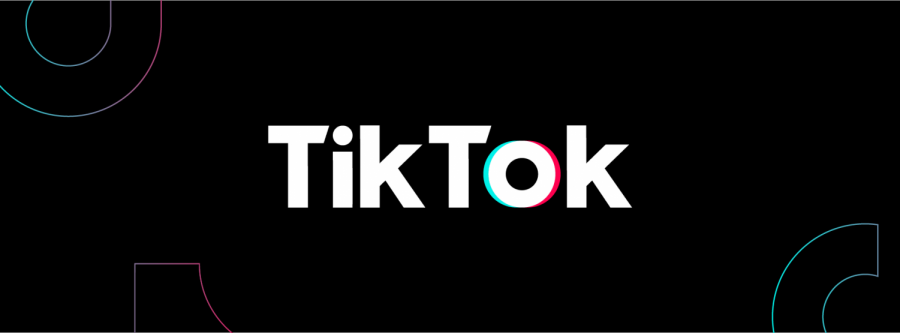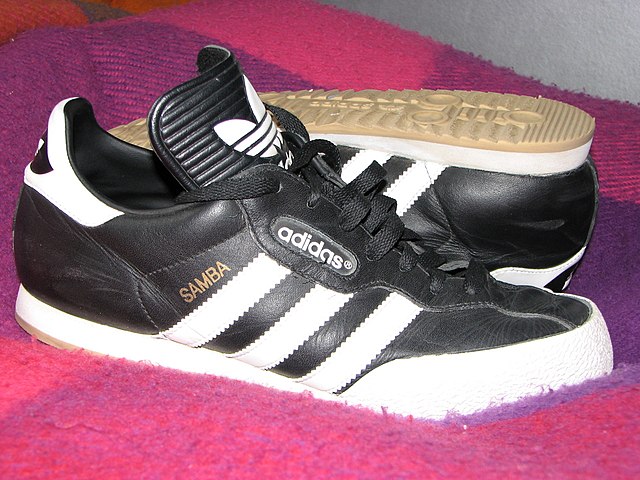You may recognize the name “TikTok” from countless advertisements for the app plastered on Facebook newsfeeds or YouTube videos. Formerly known as Musical.ly, TikTok is a video-sharing app developed by the Chinese company ByteDance. The app’s popularity has truly made me aware of my age, and I now feel how my parents must have felt when early social media networks like MySpace began to emerge in the early 2000’s.
TikTok allows its users to post short videos similar to those formerly seen on Vine, an app that gained popularity in 2013 until its removal from the market in 2017. On Vine, a user could share a video with a maximum time frame of six seconds, and, depending on its virality, become virtually “famous” in a matter of minutes. TikTok is very similar, however videos have a limit of 60 seconds. On this app, users are able to lip-sync popular songs and scenes from movies or television, or develop their own narrative. Like Snapchat, users also are able to place filters on their videos. There is also a feature that allows individuals to host a livestream video on the app.
The app just got hit with a major fine imposed by federal regulators. Last month, TikTok was ordered to pay a $5.7 million dollar settlement after the Federal Trade Commission found that Musical.ly Inc. went against the Children’s Online Privacy Protection Act of 1998, which poses certain regulations on companies in regard to their users under 13 years of age. TikTok was found to have collected the private information of young children, including their location.
Because of the settlement, TikTok deleted the accounts of users under the age of 13, and announced that they would establish a separate app experience for these younger users.
As a 21-year-old with no younger siblings or relatives, I had neither experience with nor knowledge of the app at first glance. However, about a week or so after downloading, I was hooked, and even got my roommate on a TikTok kick as well. We found ourselves watching the app together for hours, our eyes glued to the screen. The app is not limited to children and teenagers, as I noticed people of all ages creating content and finding their niche on the app. Many have even developed an actual fan base. Jacob Sartorius, for example, is an American 16-year-old and has 19.9 million followers on the app, and has gone so far as creating his own musical album since his Musical.ly/TikTok fame.
To say I enjoy TikTok for entertainment purposes is a stretch, but from an observer’s standpoint the app’s growth is absolutely fascinating.
While some have noted that the content on the app can be cringe-worthy, as videos are often wildly energetic and over the top, others actually use it as a method of earning real cash. TikTok users can buy “Coins,” with actual dollars, and turn them into “Gifts” which can then be contributed to their favorite creators on live streams. Once a creator is given a Gift on a livestream, it is then turned into a “Diamond” which can be converted to actual dollar compensation for their content. Because of this, popular users utilize live streams frequently.
While watching these live streams myself, I found that some TikTok creators attempt to get Gifts from their devoted fans and followers more than actually entertaining them. Some users got their followers to contribute Gifts by promising them a duet, which, in TikTok terms, means that a user can make a collaborative video with their favorite creator. Others simply promised a shout out during their live streams. This element of the app, in my opinion, is the most unappealing.
When I was under the age of 13, I had far different methods of online entertainment. Webkinz, for example, a site where users could buy stuffed animals at a local shop and watch them magically appear on their computer screens through the toy’s unique code, was my favorite. Although it is true that my fascination with Webkinz led my parents to empty their wallets quite frequently, it was for an innocent game, and an actual toy was involved. However, TikTok users of this age, before getting banned from the app, spent their money attempting to get the attention of their favorite creator by paying them for, in many cases, simply standing in front of a screen and chatting during a live stream.
TikTok proves to be a fun and engaging application for people of all ages, and I truly understand the appeal. I enjoyed much of the content and it gave me a few laughs. The app is a quick way for users to express their creativity or see what the voice of their favorite celebrity looks like on their own lips. The video-sharing app can be innocent, and hopefully will be so far more after these federal findings. Although it’s not Webkinz, TikTok is a thoroughly engaging app, and welcomes all people, despite its growing popularity among a younger generation. The internet can be a dangerous place, but with regulations like COPPA, TikTok can now work toward safer standards for its young audience.
Lauren Crociati can be reached at [email protected] and followed on Twitter at @Lauren_Crociati





















Jimmy Jones • Jan 26, 2023 at 10:54 am
Tick Toc is not only addictive but a threat to the US Government. Also why does Harvard take grants from Communist China?